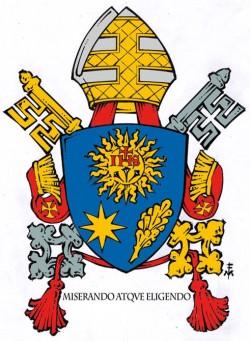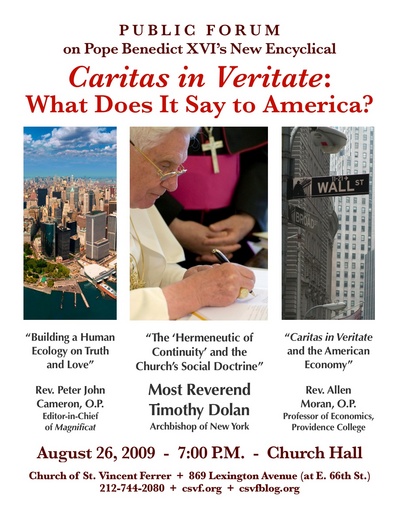In this context, the theme of integral human development
takes on an even broader range of meanings: the correlation between its
multiple elements requires a commitment to foster the interaction of the
different levels of human knowledge in order to promote the authentic
development of peoples. Often it is thought that development, or the
socio-economic measures that go with it, merely require to be implemented
through joint action. This joint action, however, needs to be given direction,
because "all social action involves a doctrine". In view of the complexity of
the issues, it is obvious that the various disciplines have to work together
through an orderly interdisciplinary exchange. Charity does not exclude
knowledge, but rather requires, promotes, and animates it from within.
Knowledge is never purely the work of the intellect. It can certainly be
reduced to calculation and experiment, but if it aspires to be wisdom capable
of directing man in the light of his first beginnings and his final ends, it
must be "seasoned" with the "salt" of charity. Deeds without knowledge are
blind, and knowledge without love is sterile. Indeed, "the individual who is animated
by true charity labours skilfully to discover the causes of misery, to find the
means to combat it, to overcome it resolutely." Faced with the phenomena that
lie before us, charity in truth requires first of all that we know and
understand, acknowledging and respecting the specific competence of every level
of knowledge. Charity is not an added extra, like an appendix to work already
concluded in each of the various disciplines: it engages them in dialogue from
the very beginning. The demands of love do not contradict those of reason.
Human knowledge is insufficient and the conclusions of science cannot indicate
by themselves the path towards integral human development. There is always a
need to push further ahead: this is what is required by charity in truth. Going
beyond, however, never means prescinding from the conclusions of reason, nor
contradicting its results. Intelligence and love are not in separate
compartments: love is rich in intelligence and intelligence is full of love.
This
means that moral evaluation and scientific research must go hand in hand, and
that charity must animate them in a harmonious interdisciplinary whole, marked
by unity and distinction. The Church's social doctrine, which has "an important
interdisciplinary dimension", can exercise, in this perspective, a function of
extraordinary effectiveness. It allows faith, theology, metaphysics and science
to come together in a collaborative effort in the service of humanity. It is
here above all that the Church's social doctrine displays its dimension of
wisdom. Paul VI had seen clearly that among the causes of underdevelopment
there is a lack of wisdom and reflection, a lack of thinking capable of
formulating a guiding synthesis for which "a clear vision of all economic, social,
cultural and spiritual aspects" is required. The excessive segmentation of
knowledge, the rejection of metaphysics by the human sciences, the difficulties
encountered by dialogue between science and theology are damaging not only to
the development of knowledge, but also to the development of peoples, because
these things make it harder to see the integral good of man in its various
dimensions. The "broadening [of] our concept of reason and its application" is
indispensable if we are to succeed in adequately weighing all the elements
involved in the question of development and in the solution of socio-economic
problems.
(Caritas in veritate, 30-31; emphasis mine)



